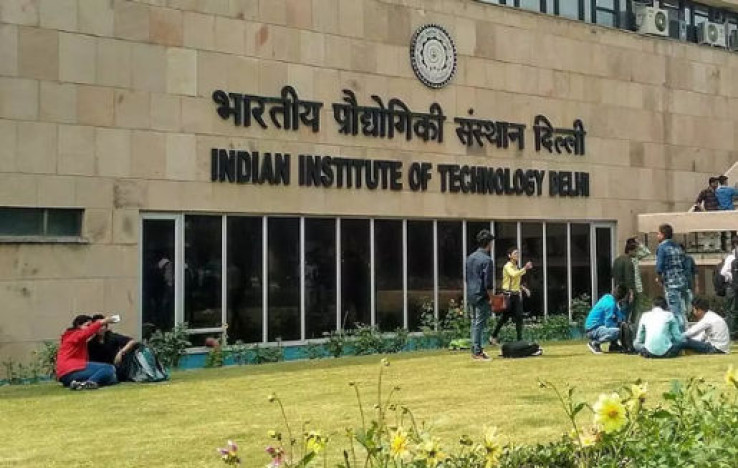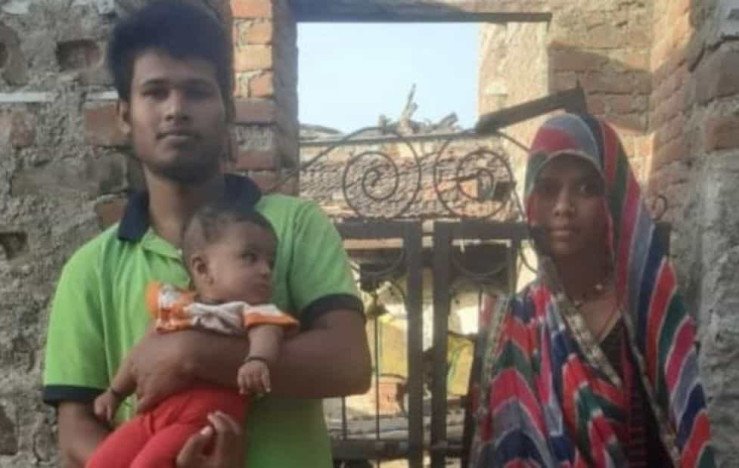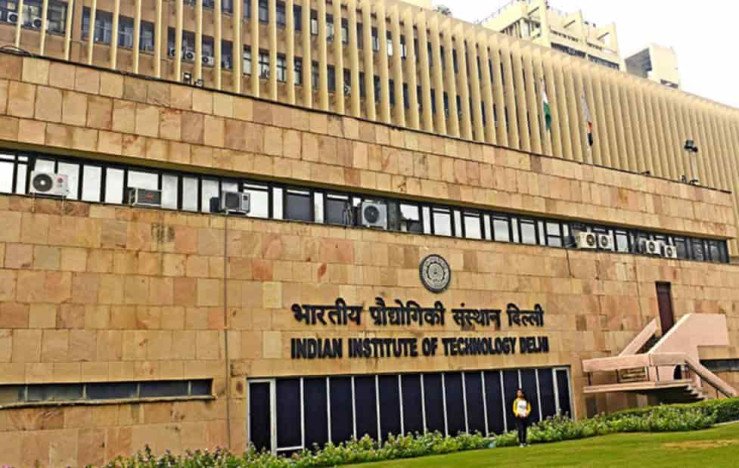Last Updated Jul - 13 - 2024, 09:00 PM | Source : Education Times | Visitors : 68
IIT Delhi researchers have developed Immunosomes, a novel nanoformulation, offering hope for glioblastoma patients by showing tumor eradication in mice and pote

Researchers at IIT Delhi have offered such patients hope with their work, published in the prominent journal Biomaterials, which may lead to the discovery of a breakthrough treatment for brain tumors.
Glioblastoma, the most common and aggressive type of cancerous brain tumor in adults, poses significant treatment challenges despite available options like surgery, radiation, and chemotherapy. Patients diagnosed with glioblastoma typically have a life expectancy of only 12–18 months post-diagnosis.
Working under the guidance of Jayanta Bhattacharyya, associate professor, Centre for Biomedical Engineering, IIT Delhi; a PhD student named Vidit Gaur primarily conducted the study.
Vidit developed a novel nanoformulation, namely Immunosomes, that combines a CD40 agonist antibody with the small molecule inhibitor RRX-001. This innovative approach aims to enhance treatment efficacy for brain tumours, potentially offering new hope for improving outcomes in glioblastoma patients.
In this study, mice bearing glioblastoma treated with Immunosomes showed complete eradication of the tumour and remained tumour-free for at least three months. Additionally, this treatment generated a strong host immune response to fight against brain cancer.
After three months, Bhattacharyya and his team re-challenged the long-term surviving mice by implanting glioblastoma cells. Surprisingly, the mice pre-treated with Immunosomes showed near-no tumour growth, revealing that Immunosomes could generate long-lasting immune memory that can prevent future tumour recurrence without further treatment.
In addition to producing long-lasting protection against glioblastoma, treatment with Immunosomes can reduce the toxicity associated with CD40 agonist antibodies, which otherwise presents a significant challenge for clinicians globally.
“We are highly motivated by these results, and are excited to translate these findings to human clinical trials with a wider range of glioblastoma patients,” said Jayanta Bhattacharyya, associate professor, Centre for Biomedical Engineering, IIT Delhi.
The Department of Biotechnology, Government of India, the Indian Council of Medical Research, Government of India, and the Indian Institute of Technology Delhi funded the research.
Research paper link: https://www.sciencedirect.com/science/article/pii/S0142961224002229)
READ MORE| IIT Bombay Class of 1998 Donates Record-Breaking ₹57 Crore

Feb - 28
A fresh controversy has emerged over a chapter included in a Class 8 Social Science textbook published by the National Council of Educational Resea... Read More

Feb - 28
Ramlal Bhoi’s life story is a powerful reminder that circumstances do not always decide destiny. Born in Ghosunda village in Rajasthan’... Read More

Feb - 28
The Indian Institute of Technology Delhi has opened admissions for the third batch of its Certificate Programme in Applied Data Science and Artific... Read More